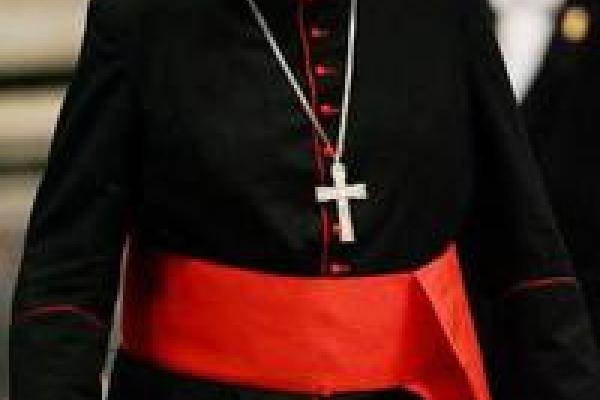Feb 29, 2016
Australian Cardinal George Pell, now a top adviser to Pope Francis, testified in a landmark clergy sex abuse inquiry that the Catholic Church made “enormous mistakes” in trying to deal with the scandal. Speaking to an Australian commission investigating the church’s response to abuse, Pell — who had previously been archbishop in Sydney — also said that during the 1970s he was “very strongly inclined to accept the denial” of a priest accused of abuse.
Read the Full Article

Already a subscriber? Login
